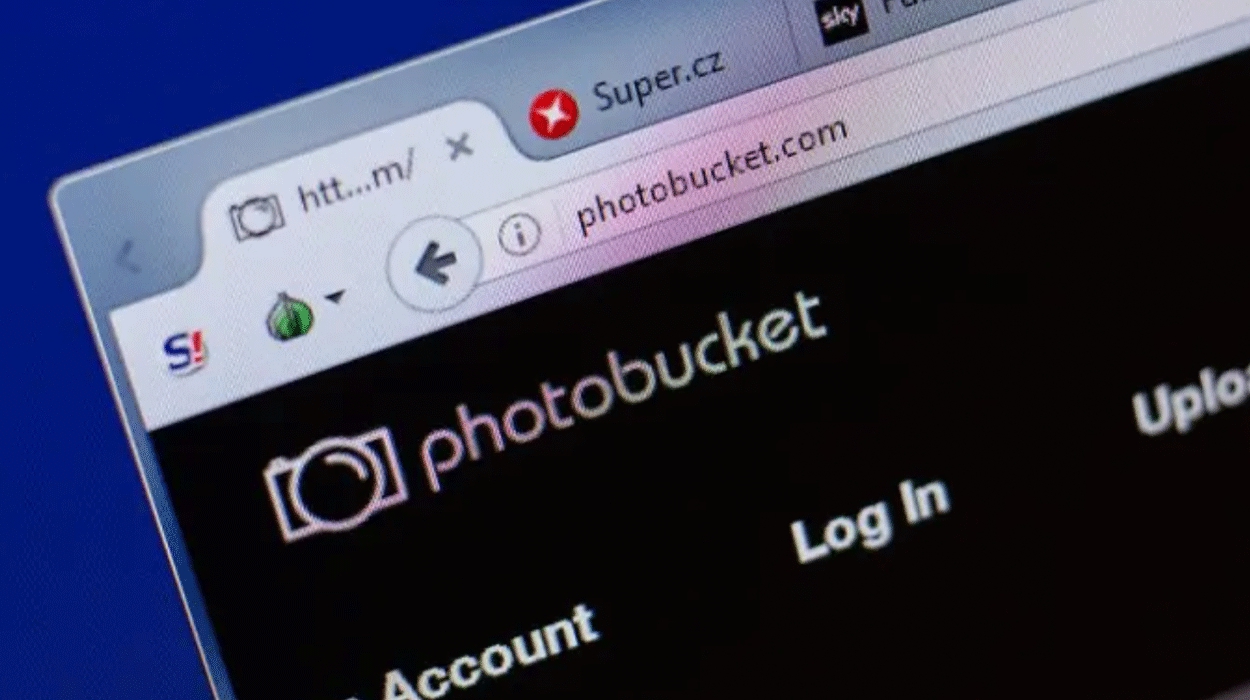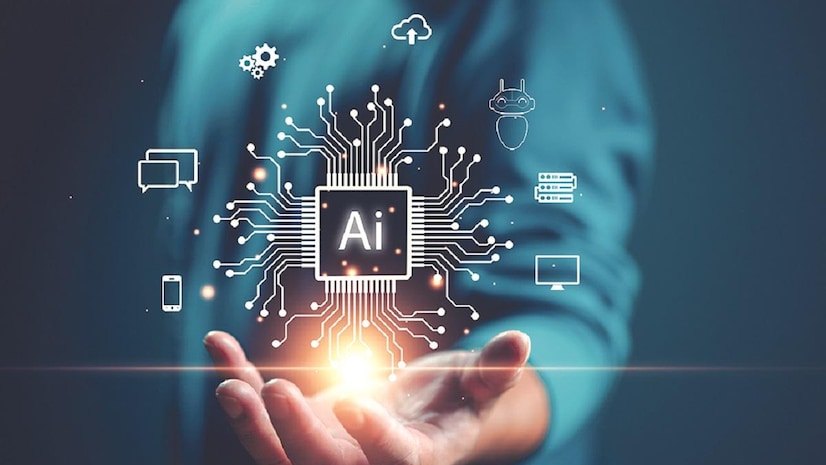Inside Big Tech's underground race to buy AI training data
Big Tech groups are said to spend billions of dollars to buy data to create their AI artificial intelligence tools.
According to Reuter, at its peak in the early 2000s, Photobucket was the world's leading image storage tool. As one of the hottest services at one time along with Myspace and Friendster, Photobucket boasts 70 million users and accounts for nearly half of the online photo market in the US.
However, after more than 2 decades, only 2 million people still use Photobucket, according to statistics from Similarweb's analytics tracking tool. However, the AI revolution could give services like Photobucket new life.
Photobucket CEO Ted Leonard, who runs the 40-person company in Edwards, Colorado, told Reuters he is in talks with multiple technology companies to license access to 13 billion photos and videos of Photobucket. Photobucket. This data warehouse is used to train generative AI models capable of generating new content.
Mr. Ted Leonard said, discussing prices from 5 cents to 1 USD per photo and more than 1 USD per video. Prices vary widely depending on the buyer and the type of image sought.
"We talked to the companies and they emphasized 'we need more,'" Ted Leonard said. He added that one buyer told him they wanted more than a billion videos, which is more than what Photobucket has.
Photobucket declined to reveal the identity of the potential buyer, citing commercial confidentiality.
Reuter said the talks are ongoing and have not been previously reported, suggesting that Photobucket could hold billions of dollars worth of content while also providing a window into the bustling data market. in the rush of AI dominance.
Photobucket said operating profit in the first quarter will increase more than tenfold, to nearly $4.9 billion.
Technology giants such as Google, Meta or Microsoft, OpenAI initially used a variety of data taken from the Internet for free to train innovative AI models like ChatGPT. Big Tech says doing so is both legal and ethical, even though it faces lawsuits from dozens of copyright owners over the practice.
Along with free usage, tech giants are also secretly paying for paid content, leading to a series of underground transactions to buy and sell from chat logs to wasted personal photos. long forgotten on outdated social networking applications
Edward Klaris from law firm Klaris Law said there is a wave of searching for copyright owners of private content. The company said it is advising content owners on deals worth tens of millions of dollars to license access to archives of photos, movies and books to train AI.
Reuters said that OpenAI, Google, Meta, Microsoft, Apple and Amazon all declined to comment on this topic, in which Microsoft and Google provided more information about supplier codes of conduct including terms about data privacy.
Google added that it will “take immediate action, including terminating” the supplier if it discovers violations. Many market research firms know they haven't even begun to estimate the size of the opaque AI data market, where companies often don't disclose detailed transactions.
One research firm, Business Research Insights, estimates the market is currently worth about $2.5 billion and predicts it could grow to nearly $30 billion within a decade.
































































